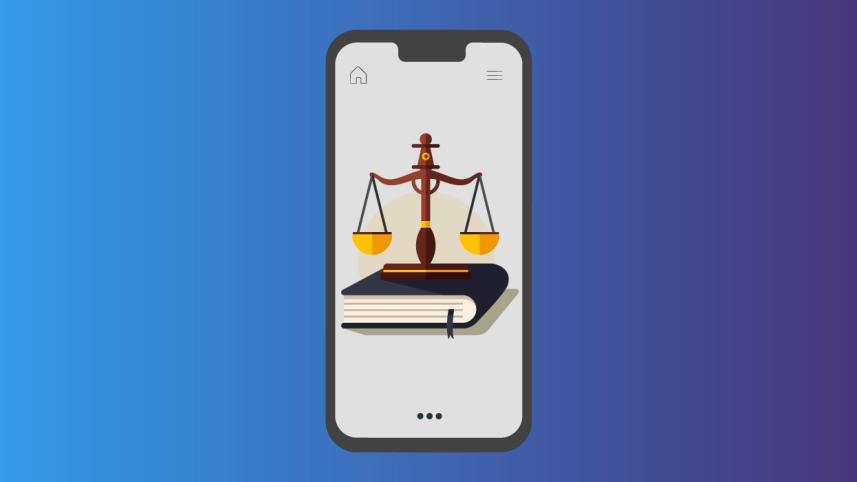144 get bail on first day of virtual court hearings

A total of 144 people, who are accused in criminal cases, yesterday secured bail from lower courts across the country as their judicial functions started after a 46-day gap due to the nationwide closure to curb the spread of coronavirus.
The courts granted them bail after holding virtual hearings of petitions filed by the 144 accused persons seeking bail in cases filed against them, Supreme Court spokesman Md Saifur Rahman told The Daily Star last night.
Of them, 34 people accused in 18 different cases today got bail from five virtual courts in Dhaka on the first day of online hearings.
All five courts started their hearings at 12:00pm through videoconferencing on the bail petitions filed by the respective lawyers through email.
Hearing the petitions, Metropolitan Sessions Judge KM Emrul Kayesh granted bail to four accused in four cases while Metropolitan Magistrate MD Sarafuzzaman Ansary granted bail to nine in five cases.
Besides, Metropolitan Magistrate Sadbir Yasir Ahasan Chowdhury granted bail to 14 accused in three cases, Metropolitan Magistrate Rajesh Chowdhury to five in five cases and Metropolitan Magistrate Debdas Chandra Adhikary to two accused in a case.
The regular activities of courts across the country, including Appellate and High Court divisions of the Supreme Court, have been closed since March 26 due to the ongoing coronavirus outbreak. The closures are scheduled to continue till May 16.
President Md Abdul Hamid on May 9 issued an ordinance allowing the courts to run judicial functions by using information technology.
On May 10, Chief Justice Syed Mahmud Hossain issued some directives for the courts about dealing with urgent cases by holding hearings on virtual platforms during the closure.



 For all latest news, follow The Daily Star's Google News channel.
For all latest news, follow The Daily Star's Google News channel.
Comments